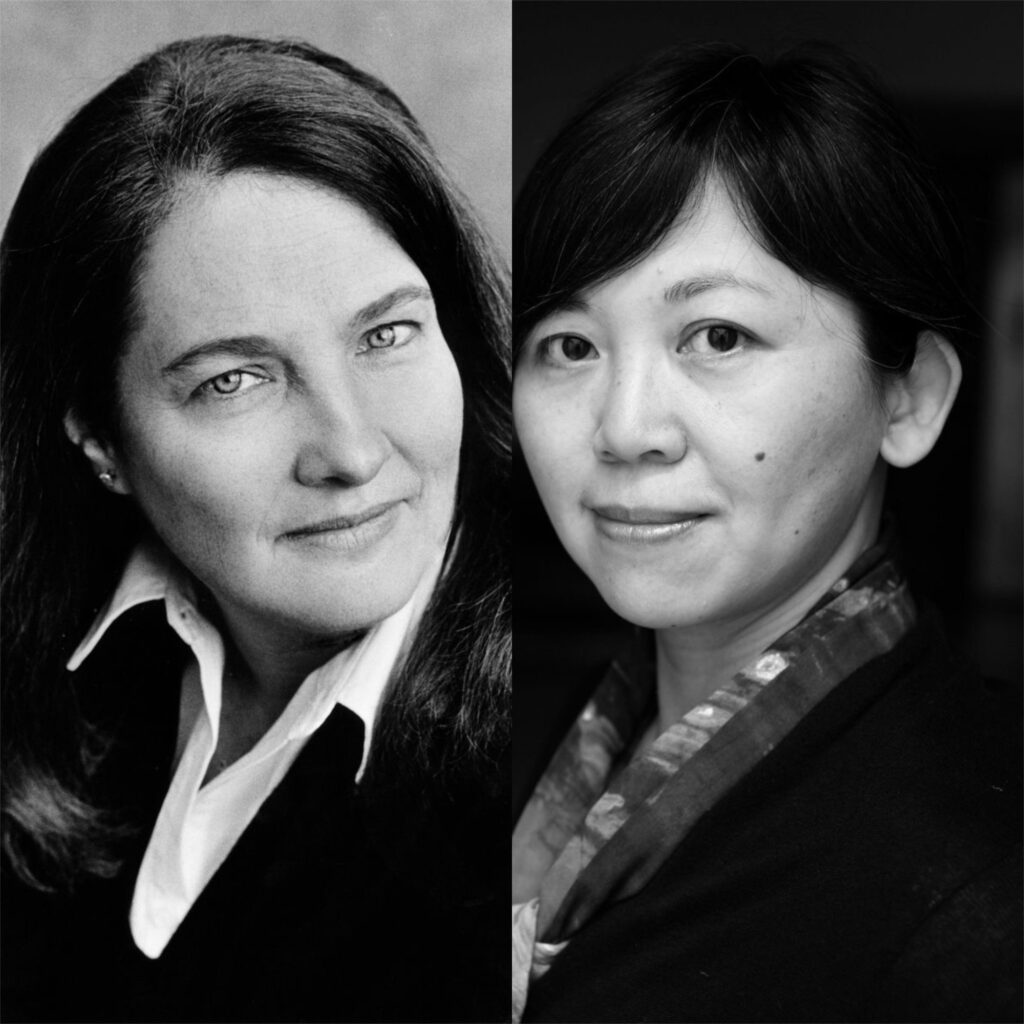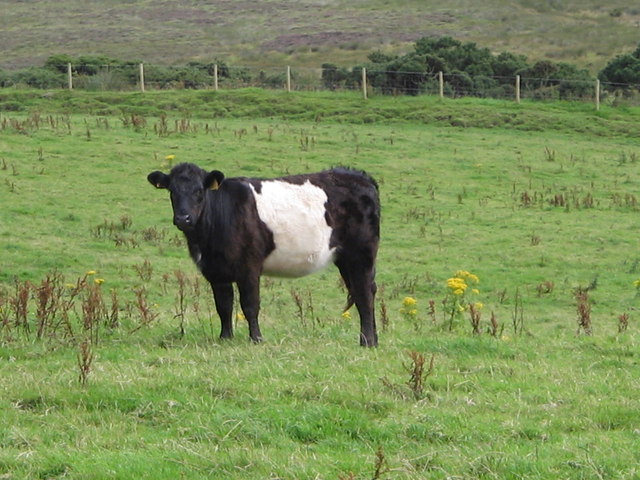Misdirection, an essential tool for magicians, is not usually a component of media criticism. But in a lengthy critique of the coverage of the Trump-Russia scandal published this week by the Columbia Journalism Review, veteran investigative reporter Jeff Gerth deflects attention from the core components of Russiagate, mirroring Donald Trump’s own efforts of the past six years to escape accountability for his profound betrayal of the nation. Though Gerth’s target is media outlets, particularly the New York Times (where he worked for 29 years), Gerth ends up bolstering Trump’s phony narrative that there was no Russia scandal, just merely a hoax whipped up by reckless reporters and Trump’s enemies in the press, with the assistance of the Deep State.
In a massive 24,000-word, four-part article, Gerth dissects how the Times, the Washington Post, CNN, and other news organizations during the 2016 election and afterward reported on Trump’s and his campaign’s interactions with Russia. (He briefly references, without criticism, the story I published that first revealed the existence of the dossier compiled by former British intelligence officer Christopher Steele and that reported that the FBI was investigating its allegations.) Gerth does probe genuine errors committed by his former employer and others. The Times, for instance, reported shortly before the 2016 election that the FBI’s investigation had found no link between Trump and Russia, when the bureau had barely begun its inquiry and had reached no final conclusions. And after the election, the Times produced a report in early 2017 that seemingly went too far in the opposite direction when it reported that US intelligence had evidence that “Donald J. Trump’s 2016 presidential campaign and other Trump associates had repeated contacts with senior Russian intelligence officials in the year before the election.” (Trump’s campaign chair, Paul Manafort, we later learned, had been huddling with a suspected Russian intelligence official during the campaign, but FBI officials handling the Russian investigation at the time saw this Times article as going too far.)
Ultimately Gerth does a disservice by failing to cast Russiagate accurately. Putin’s attack succeeded, with help from Trump and his crew. That has always been the big story.
Gerth finds plenty of ammo for his assault on the media. But here’s where he goes wrong: He misrepresents the scandal that is the subject of the media coverage he is scrutinizing. He defines the Trump-Russia affair by only two elements of the tale: the question of Trump collusion with Moscow and the unconfirmed Steele dossier. This is exactly how Trump and his lieutenants want the scandal to be perceived. From the start, Trump has proclaimed “no collusion,” setting that as the bar for judging him. That is, no evidence of criminal collusion, and he’s scot-free. And he and his defenders have fixated on the Steele dossier—often falsely claiming it triggered the FBI’s investigation—to portray Trump as the victim of untrue allegations and “fake news.” Gerth essentially accepts these terms of the debate.
Yet the focus on collusion and the Steele material has been a purposeful distraction meant to obscure the basics of the scandal: Vladimir Putin attacked the 2016 election in part to help Trump win, and Trump and his aides aided and abetted this assault on American democracy by denying such an attack was happening. Trump provided cover for a foreign adversary subverting a US election. Throughout the thousands and thousands of words Gerth generates, he downplays or ignores these fundamentals and how the media in 2016 covered them (which was shoddily). Instead, he zeroes in on the reporting related to collusion and Steele. In doing so, he offers an examination predicated on a skewed view of reality.
Gerth sets off a worrying signal in the fifth paragraph of this opus, when he writes that there was “an undeclared war between an entrenched media, and a new kind of disruptive presidency, with its own hyperbolic version of the truth.” Hyperbolic version of the truth? What does that mean? Gerth does acknowledge that the Washington Post “has tracked thousands of Trump’s false or misleading statements,” but to cast Trump’s lies as “hyperbolic” truth—as if there are two morally equivalent sides here—indicates this analysis is not going to fare well. (Trump, of course, lied repeatedly about his doings in Russia.)








